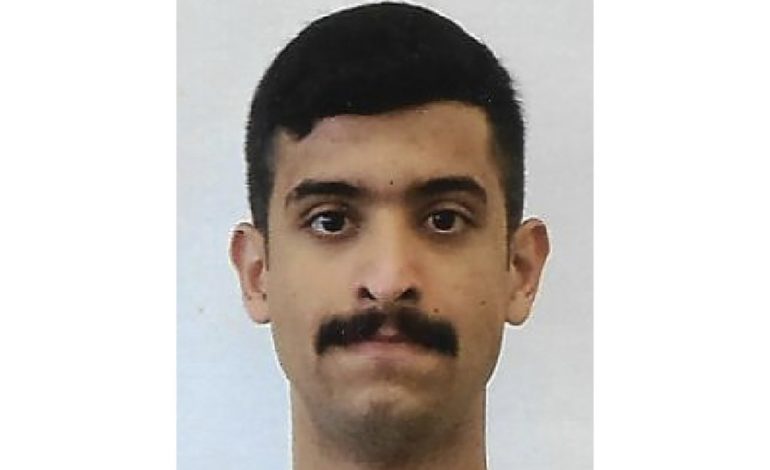WASHINGTON (Reuters) — Saudi Arabia will withdraw 21 cadets receiving military training in the United States following a U.S. investigation into a Saudi officer’s fatal shooting of three Americans at a Florida naval base that Attorney General William Barr branded an act of terrorism on Monday.
The Dec. 6 attack further complicated U.S.-Saudi relations at a time of heightened tensions between the United States and Iran, Saudi Arabia’s regional rival. A deputy sheriff shot dead the gunman, Saudi Air Force Second Lieutenant Mohammed Saeed Alshamrani, in the Pensacola, Florida, incident.
Barr provided previously undisclosed details about Alshamrani’s actions before the shooting.
Barr said 21 Saudi cadets were “disenrolled from their training curriculum” in the U.S. military and would leave the United States later on Monday after an investigation showed they either had child pornography or social media accounts containing Islamic extremist or anti-American content.
Barr indicated that Saudi Arabia withdrew the cadets, rather than the United States having formally expelled them, and said the Saudi authorities told him they would consider filing criminal charges against them. A Justice Department official, briefing reporters on condition of anonymity, said U.S. officials agreed with the decision to withdraw them.
During a news conference, Barr — the top U.S. law enforcement official — said there was no evidence that Alshamrani received assistance from other Saudi trainees or that any of them had knowledge in advance of the attack.
Three American sailors were killed and eight other people were wounded in the attack at the Pensacola Naval Air Station.
“This was an act of terrorism,” Barr said. “The evidence showed that the shooter was motivated by jihadist ideology. During the course of the investigation, we learned that the shooter posted a message on Sept. 11 of this year stating, ‘The countdown has begun.’”
Barr added that Alshamrani also visited the New York City memorial to the victims of the Sept. 11, 2001, attacks on the United States — carried out by Saudi hijackers for the Islamist militant group al Qaeda — and posted anti-American, anti-Israeli and jihadi messages on social media, including two hours before the attack.
Apple Inc has not been helpful to date in working with the FBI to get Alshamrani’s two cellphones unlocked, Barr said. He said the FBI largely had exhausted its own efforts to unlock the phone.
Apple did not respond to a request for comment. The company has previously said that it gave the FBI “all of the data in our possession.”
Barr said one Saudi individual had “a significant number” of child pornography images, while 14 others “had one or two images, in most cases posted in a chat room by someone else or received over social media.” A total of 17 — including some of those with child pornography images — had social media accounts containing some jihadi or anti-American content, Barr said.
The “derogatory information” fell short of the standard for triggering U.S. criminal charges, Barr said.






Leave a Reply